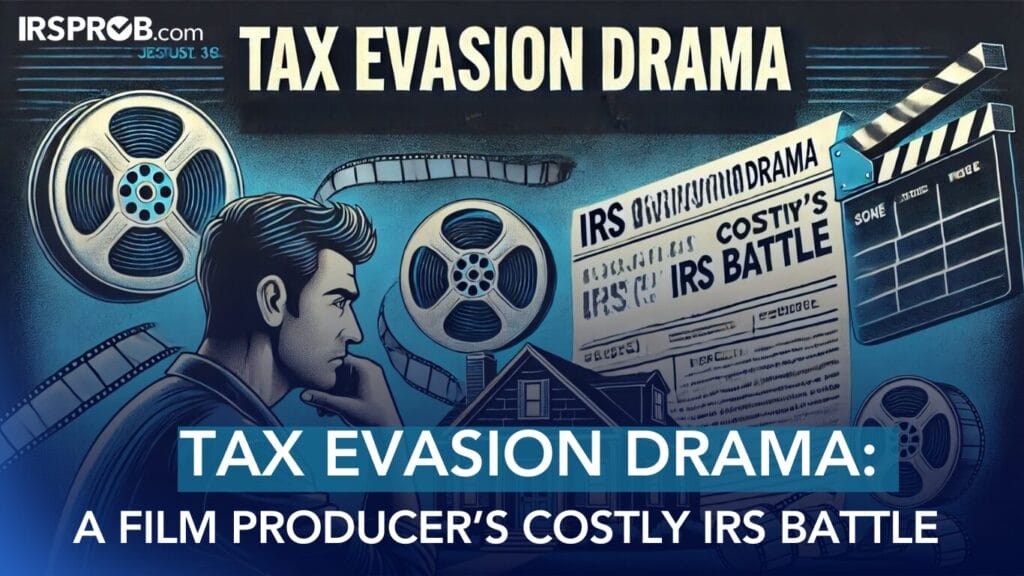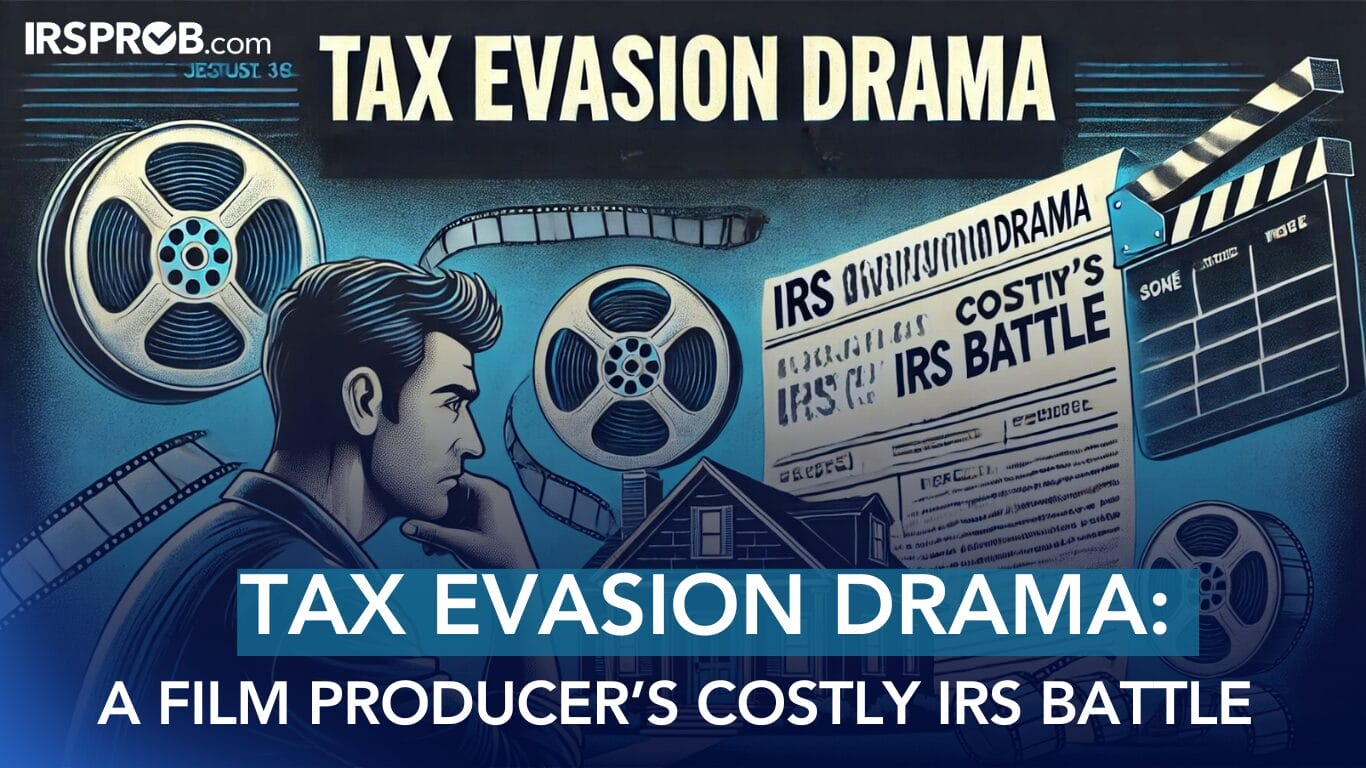
When you think of tax evasion, the case of Paul Cromar, a freelance film producer, might not be the first thing that comes to mind. However, his dramatic run-in with the IRS offers some critical lessons for business owners and freelancers alike.
The Importance of Filing Taxes
From 1999 to 2005, Paul Cromar failed to file any tax returns or pay taxes. This led to an IRS audit in 2007, which resulted in him owing $703,266.96 in taxes, interest, and penalties. His refusal to pay set off a chain of events that included the IRS moving to foreclose on his home.
Lesson: As a business owner, it’s crucial to stay compliant with tax filing requirements. The IRS can impose significant penalties and interest on unpaid taxes, which can quickly add up to an overwhelming debt. Even if cash flow is tight, it’s vital to file your returns on time to avoid the snowball effect of penalties and interest.
The Risks of Taking Extreme Measures
In an attempt to prevent the sale of his home, Cromar submitted fraudulent documents related to the property’s title and filed frivolous lawsuits against IRS employees. These actions only worsened his situation, culminating in the IRS successfully foreclosing on his home. Cromar’s situation escalated when he illegally re-entered the home and fortified it against law enforcement, leading to an armed standoff.
Lesson: Taking extreme or illegal measures against the IRS can escalate the situation and lead to criminal charges. It’s important to work within the legal framework when dealing with tax disputes. Engaging with a qualified tax advisor or attorney early in the process can help navigate the complexities of tax law and potentially mitigate some of the consequences.
The Cost of Tax Evasion
Cromar’s actions resulted in a total tax loss to the IRS of $1,174,201.91. He now faces up to seven years in prison, having already spent 99 days in jail before his trial. The personal and financial costs of tax evasion can be immense, extending beyond fines and penalties to include the loss of freedom and significant stress.
Lesson: The cost of tax evasion far outweighs any short-term gain from not paying taxes. The IRS has the authority to impose severe penalties, including imprisonment, for tax evasion. Business owners must understand that paying taxes is not optional, and the repercussions of not doing so can be life-altering.
What Business Owners Need to Know
For business owners, it’s essential to understand that the IRS takes tax evasion seriously. Here are a few key points to keep in mind:
- Timely Filing and Payment: Always file your tax returns on time, even if you can’t pay the full amount due. The IRS offers payment plans and other options to help you manage your tax debt.
- Respond to IRS Notices Promptly: If you receive a notice from the IRS, don’t ignore it. The sooner you address the issue, the better your chances of resolving it without severe consequences.
- Seek Professional Help: If you’re struggling with tax compliance or have a dispute with the IRS, seek the help of a qualified tax professional. They can provide guidance and represent you in negotiations with the IRS.
- Understand the Consequences: Tax evasion can lead to severe penalties, including imprisonment. It’s not worth the risk. Ensuring that your business is tax-compliant is essential to its long-term success.
In conclusion, the case of Paul Cromar serves as a stark reminder of the importance of tax compliance. Business owners must take their tax obligations seriously to avoid falling into a similar situation. The cost of evasion is far too high, both financially and personally. Stay compliant, seek help when needed, and avoid the drama of a tax dispute with the IRS.








